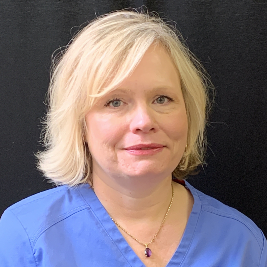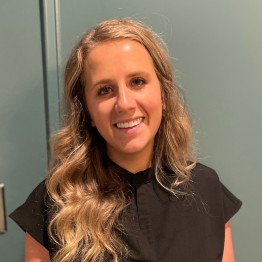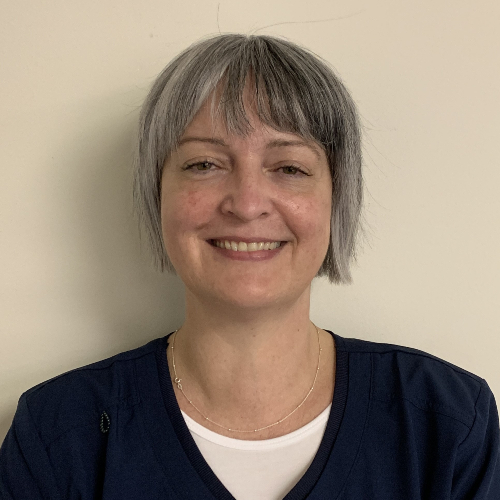How do you define being healthy? It’s a relatively simple question, but depending upon whom you ask the answers can vary tremendously. Some might say the absence of disease is the marker for health. Another person might say that being healthy is the sum of multiple parts. The truth is, health is a challenging term to define because it means different things to different people. At Innova Primary Care we treat the entire person. Health is an all-encompassing term. How do we define being healthy?
If you go directly to the dictionary, the definition of health includes the absence of disease or illness and the nature of someone’s physical or mental condition. The definition put in place over 50 years ago by WHO is similar in tone. In 1948, the World Health Organization set out to define health as “a state of complete physical, mental, and social well-being, and not merely the absence of disease or infirmity.” However, this may be an antiquated definition in the year 2020. According to statistics, over 40 million Americans have a chronic health condition, and many of these with a long-term illness manage their conditions and feel healthy. Perhaps it is possible to have a diagnosis of some sort, and still be in good health. It may be time for an updated definition of health.
Being Healthy
Health is much more complex than simply a diagnosis. At Innova, we believe in treating the entire person. When we meet with our patients, we take their physical, mental, emotional, social, and spiritual conditions into account. You are not one or the other, you are the sum of all of these parts. When one is out of alignment, the others suffer. Disease and health are not mutually exclusive. Summing up health in a blanket statement may not be possible. While “healthy” means different things to different people and includes many separate components, today we are going to focus on your physical health, and ways you can begin to feel better right now.
Physical health encompasses many parts and is often thought of as the most visible aspect of good health. But what does it mean to be physically healthy? Physical health has multiple facets. First of all is good nutrition. What we put into our bodies turns to fuel for our day. How you nourish yourself will directly impact how good or bad you feel.
While there are many schools of thought when it comes to what to eat and when, the bottom line is that a diet rich in whole foods simply cannot be beat. You do not have to get wrapped in in Keto versus Vegan. Nope, just focus on whole foods that work for your body, and get ready to reap the benefits.
Keep your water intake up, think at least half your body weight in ounces each day. Water is what makes up sixty-percent of the body. Your brain and heart are 73% water. Your lungs are composed of approximately 83% water, not to mention your kidneys, skin, muscles, and bones. Every single system in your body requires water. It just makes good health sense to stay hydrated and on top of your H20.
Feel Better Now Nutrition Tip: Start small. It’s tempting to try and make sweeping changes. However, when you start small – think an extra serving of veggies a day – you can then build on your success. You will feel like you can accomplish the next step. Progress is progress!

Sleep
Sleep is another crucial component of physical health. When we are at rest, our bodies are at work repairing systems, consolidating memories, and regulating hormones, to name just a few. While we all vary when it comes to the exact amount of sleep we need; experts agree that most adults need between 7 and 9 hours to function at their best.
Better Sleep Now Tip: Set a nightly routine. Give yourself at least thirty minutes to wind down from the day. Try reading a book, listening to relaxing music, or taking a bath. Find something that works for you, and stick with it.
Exercise
Movement is vital to your health. Yet another consideration to feel your best is physical activity. Notice we didn’t say formal exercise here. Of course, structured classes and gym time are always great for you, what you really need is daily movement. This equates to between 150 to 300 minutes of moderate to intense activity a week, or 75 minutes of high intensity work. Be sure to include strength training, cardiovascular work, and stretching. The key to maintaining an exercise regimen you will stick to in the long term is finding something you love. Explore your options, just get moving!
Get Moving Now Tip: Find an exercise buddy. If you don’t fancy getting a workout or walk in, try to find someone you can be accountable to. Let them know your plan, and invite them along.

Relax
Learn how to relax. Your body and mind will thank you for it. Did you know that relaxation is considered vital to physical health? We all need space to breathe and set our minds at ease. In this day and age, we are bombarded with information from the time we wake up to the time our heads hit the pillow at night. We need to be intentional about setting aside to just relax.
If the thought of relaxing sends anxiety surging through your body, you are not alone. Here in America, we are stressed out. Globally, around 35% of people report daily stress. However, in the United States, that number jumps to 55%. You don’t have to become a guru to learn how to relax, though. Deep breathes, calming thoughts, and mediation are just a few of the tools you can use to set your mind at ease.
Relax Right Now Tip: Try the 4-7-8 breathing method. Breathe in deep for a count of 4. Hold the breath for a count of 7. Exhale the breath for a count of 8.
Being Health with Innova
When it comes to your health, Innova Primary Care takes a whole-person approach. We want to see you thrive. This means that we take a patient-centered approach with our patients. We ask questions that pertain to every aspect of your well-being. If you are in need of a primary care physician, we hope that you will consider our practice. Here’s to your health!



 About
About

 About
About About
About About
About
 About
About About
About

 About
About About
About About
About About
About











